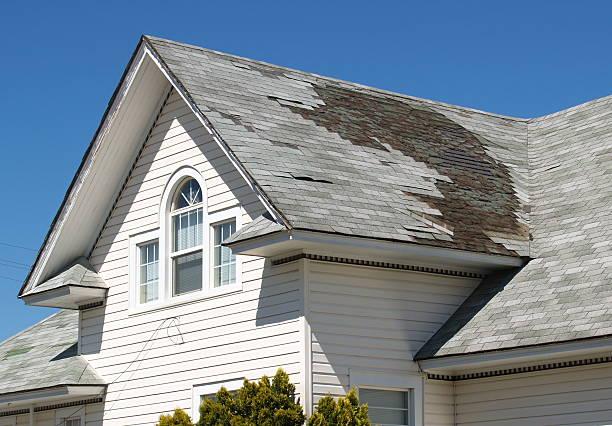How Roof Damage Affects Home Insurance Claims and Payouts

Michigan’s weather can be unpredictable, with harsh winters, heavy snowfall, and strong storms taking a toll on homes across the state. When roofs sustain damage from these conditions, homeowners often wonder how it will impact their insurance claims and payouts. This is where roofers in Michigan play a crucial role, as their inspections and repair estimates become essential for smooth claim processing.
Understanding how insurance companies evaluate roof damage, what documentation is needed, and how payouts are calculated can help homeowners avoid unexpected surprises.
Let’s explore how roof damage influences insurance claims and why timely action is important for protection.
What’s Covered and What’s Not?
Home insurance generally covers roof damage caused by sudden, accidental events such as storms, hail, wind, fire, or falling objects. Damage from wear and tear, age, or neglect is typically excluded. Reviewing your policy carefully is essential to better understand what is and isn’t covered. To avoid complications during the claim process, many homeowners choose to work with experienced roofers who understand both roofing standards and insurance requirements.
How Roof Age Impacts Your Insurance Payout
Many insurance providers depreciate your roof based on its age. This means older roofs might be reimbursed based on actual cash value (ACV) rather than replacement cost value (RCV).
What’s the difference, you ask? Let us clarify:
- ACV reimburses you after deducting depreciation. So, if your roof is 15 years old, you’ll likely get much less than what it costs to replace it.
- RCV covers the full cost to replace the damaged roof, without deducting for age.
Thus, RCV ensures a higher payout as compared to ACV.
Other Factors That Affect Payouts
- Your deductible is subtracted from the claim payout.
- Older roofs may not be covered for full replacement. Some insurers limit coverage, exclude older roofs entirely, or shift them to ACV.
- Frequency of claims: The more claims you file, the more expensive your premiums may become.
- Insurers may initially pay only the depreciated value and require proof of repair for releasing additional funds. You may need to supplement your claim to ensure all costs (like code upgrades) are covered.
Common Mistakes That Delay or Deny Claims
- Waiting too long to file the claim is never a good idea. Claims typically need to be filed within 30 to 60 days. The quicker you act, the better.
- Clicking high-quality pictures and videos of the damage is a must. This will help support your case. Make sure you capture from different angles and lighting before cleaning up.
- Be a responsible homeowner: Ensure annual inspections are conducted, gutters are cleaned, and small issues are fixed early. This proactive approach is always appreciated by insurers.
- Always hire licensed, insured professionals for your roofing jobs. A poor-quality job can lead to more damage and denial of insurance claims. It’s better to choose trusted professionals.
Don’t Let Your Roof Sink Your Claim
Know your policy inside and out. Also, ensure that regular maintenance is taken care of. Save all receipts, inspection reports, maintenance logs, and contractor information in one place.
And lastly, act fast when damage strikes.
These small steps can save you from stressful processes and costly repairs.



